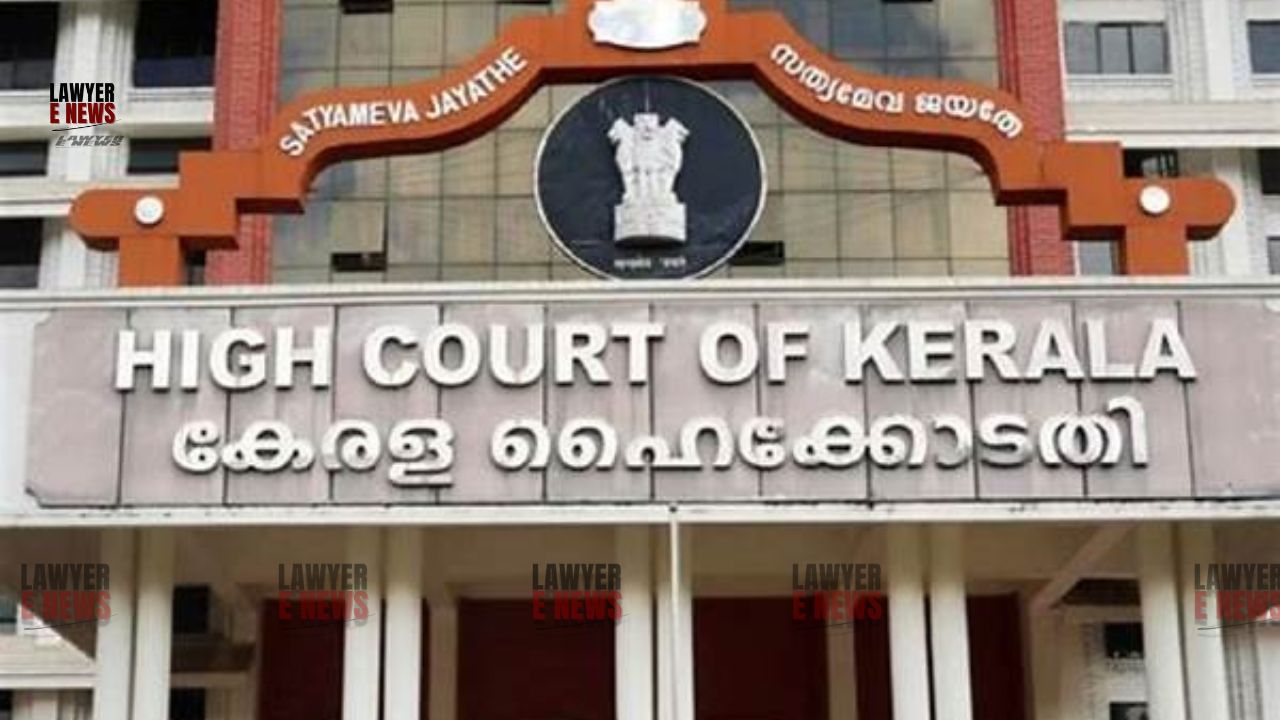-
by Admin
15 February 2026 2:16 AM



Kerala High Court, under Justice K. Babu, granted anticipatory bail to Shalini Satheeshan in Criminal Appeal No. 1494 of 2024. The appellant was accused of committing offenses under the Indian Penal Code (IPC) and Scheduled Castes and Scheduled Tribes (Prevention of Atrocities) Act, 1989. The court overturned the lower court’s rejection of bail, citing potential false implication and a lack of prima facie evidence under the SC/ST Act.
The case stemmed from an alleged incident on March 16, 2024, in which Shalini Satheeshan is accused of trespassing into the home of Shilpa Laiju, a member of the Scheduled Caste community, and assaulting her while hurling caste-based slurs. The First Information Report (FIR) was lodged two months after the incident, on May 11, 2024, raising questions about the delay in reporting the crime.
Delay in Filing the FIR: The court noted the two-month delay in filing the FIR as a key issue. No satisfactory explanation was provided for this delay, which cast doubt on the validity of the allegations.
Inimical Relationship: The defense argued that the parties had been in long-standing enmity, and the complaint was an attempt to harass the appellant.
Applicability of SC/ST Act: The appellant’s counsel contended that the alleged offenses occurred inside the complainant’s home, and the specific provisions of the SC/ST Act might not be applicable. Citing precedents, including the Supreme Court's rulings in Prathvi Raj Chauhan v. Union of India and Subhash Kashinath Mahajan v. State of Maharashtra, the court held that the bar on anticipatory bail under Section 18 of the SC/ST Act would not apply if no prima facie case was made.
Prathvi Raj Chauhan v. Union of India: This Supreme Court judgment held that the bar on anticipatory bail under Section 18 of the SC/ST Act would not apply when there is no prima facie case.
Subhash Kashinath Mahajan v. State of Maharashtra: In this case, the court ruled that there is no absolute bar on granting bail under the SC/ST Act if the complaint is prima facie mala fide.
Gurbaksh Singh Sibbia v. State of Punjab: The court highlighted that anticipatory bail should be granted if the accusation seems to stem from ulterior motives rather than furthering justice.
After reviewing the case diary, the court concluded that the possibility of false implication could not be ruled out. The enmity between the parties, the delay in lodging the FIR, and the other circumstances cast serious doubt on the existence of a prima facie case. As a result, the bar under Section 18 of the SC/ST Act was held to be inapplicable in this case.
The court directed the appellant to appear before the investigating officer and, in the event of her arrest, be released on bail upon furnishing a bond of Rs. 10,000 with two sureties.
Importance of Judicial Scrutiny in SC/ST Act Cases The High Court’s ruling underscores the need for careful judicial scrutiny in cases involving the SC/ST Act, particularly where there are delays in filing FIRs or prior animosity between the parties. The court reiterated the importance of not misusing the Act to settle personal scores, while also maintaining its integrity for genuine cases.
Date of Decision: October 16, 2024
Shalini Satheeshan v. State of Kerala
